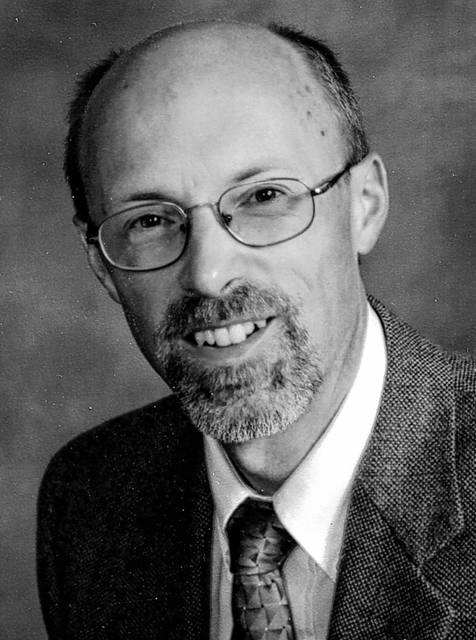
“A sower went out to sow,” begins Jesus (Luke 8:45). The farming method of the day was to broadcast the seed by hand, so you did not have much control over it. Some of the seed landed on the path, some on rocky soil, some among thorns.
The conditions varied so greatly that there were mixed results. Some seed sprang up quickly, only to be scorched by the sun. Some got choked out by thorns. Other seed could not penetrate the hard path. It never had a chance.
But some seed fell on good soil and brought forth grain — an abundant harvest, beyond the farmer’s expectation.
I often compare a parable to a kaleidoscope. Turn it one way, and you see one thing. Turn it some more, and you see something else. What do we see as we turn this parable in the light?
First, when we hear this parable, we realize the vulnerability of the seed. There are no guarantees. The sower has taken a risk because much of the seed does not bear fruit.
Jesus was likewise vulnerable. He resisted the temptation to build a political kingdom. He refused to draw a crowd by performing miracles. Instead, he chose the path of self-giving love, which meant that he was subject to scorn, rejection, and humiliation. Some people never understood what he was trying to do.
So, this is a parable about the surprising ways God has chosen to act in the world — not by coercion, but by sacrificial love, and that is always vulnerable and full of risk.
But this is also a parable of judgment. The late Raymond Brown argued persuasively that this parable is a commentary on the rejection of Jesus by the Pharisees. Some hearts are hardened. Some souls are shallow. Some lives are so cluttered by commitments to lesser things that the very grace of God does not find receptivity.
Anyone who has spent a significant amount of time as a volunteer or staff member of the church can testify to the frustrations, failures and disappointments. The results are not always proportionate to the effort you invested. And sometimes you just don’t see tangible, measurable results, no matter how hard you have worked.
My uncle was a United Methodist minister. His hobby, which he began during high school, was cleaning, repairing, and restoring neglected and damaged cars and pickup trucks.
He said, “I think the hobby had a special significance during my years in the ministry. The effects of the work of ministry often are not very tangible, not very measurable.
“Things of love, faith, peace, and hope are sometimes not readily seen or readily verified. They may be there — they may be taking place and making a difference — but from the outside, one cannot be sure.
“In contrast, to replace a damaged fender, to repair a rusted panel, to clean neglected upholstery, to change the oil and tune an engine — these changes toward making things new or whole can be easily seen and evaluated.
“Maybe,” he added, “that’s a part of why I enjoyed my hobby so much.”
Sunday school teachers also deal with intangible results. At best, you’ve got an hour a week with the kids, and attendance is inconsistent. Perhaps six students once Sunday, two the next. And sometimes you wonder, are they listening? What difference is this making?
But the parable of the sower reminds us, “Do not lose heart! Keep on sowing the seed, sowing the seed, sowing the seed.”
For as my preaching professor, Ernie Campbell, would say, “Sowing and planting are always about deferred results.”
That’s why ultimately, this parable is a word of encouragement. Do not lose heart! Do not give up! Wait for the harvest! In spite of the frustrations and setbacks, God will bless your faithfulness.


